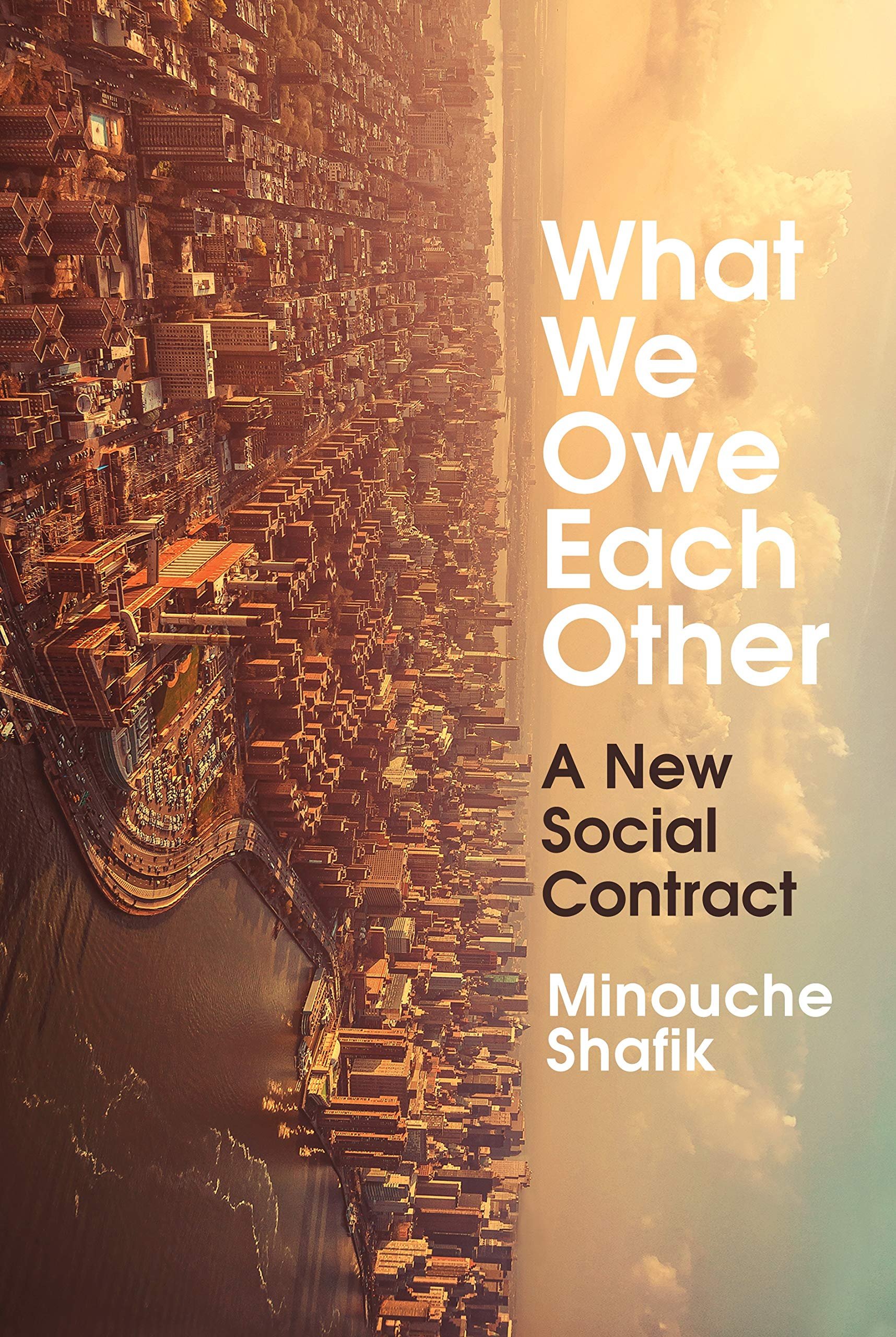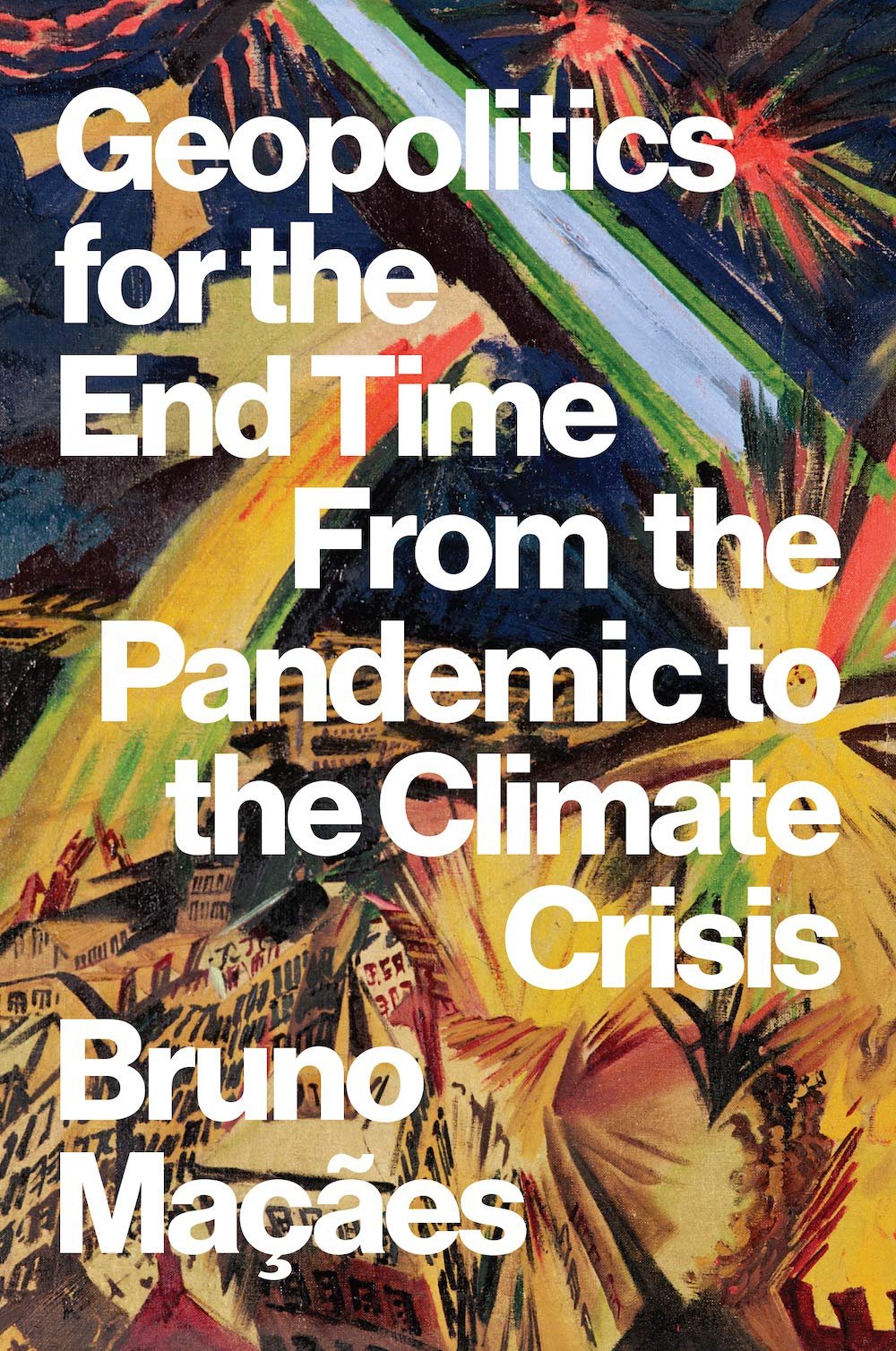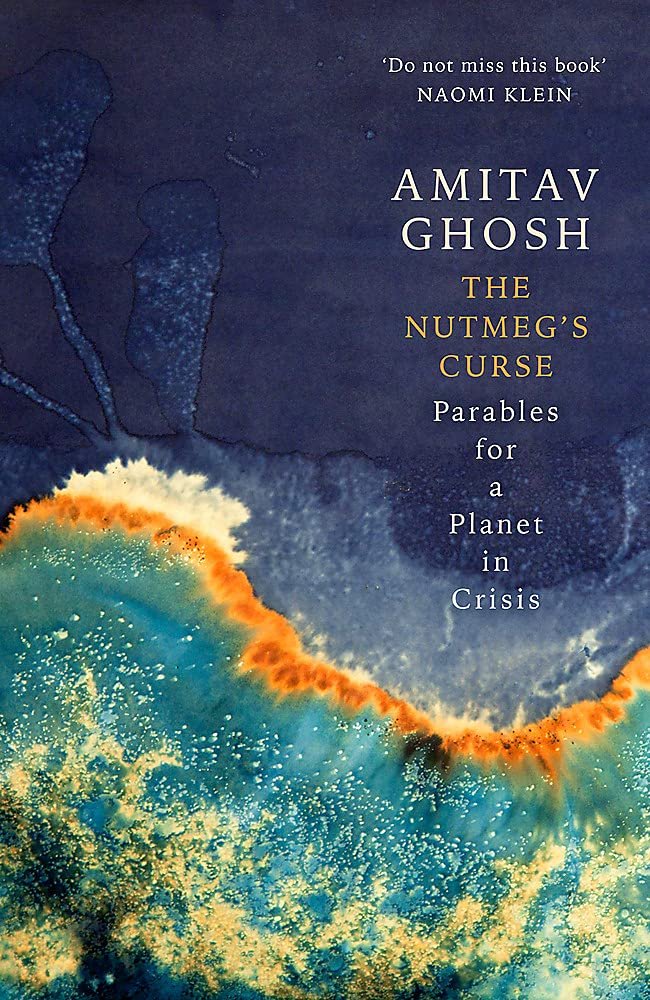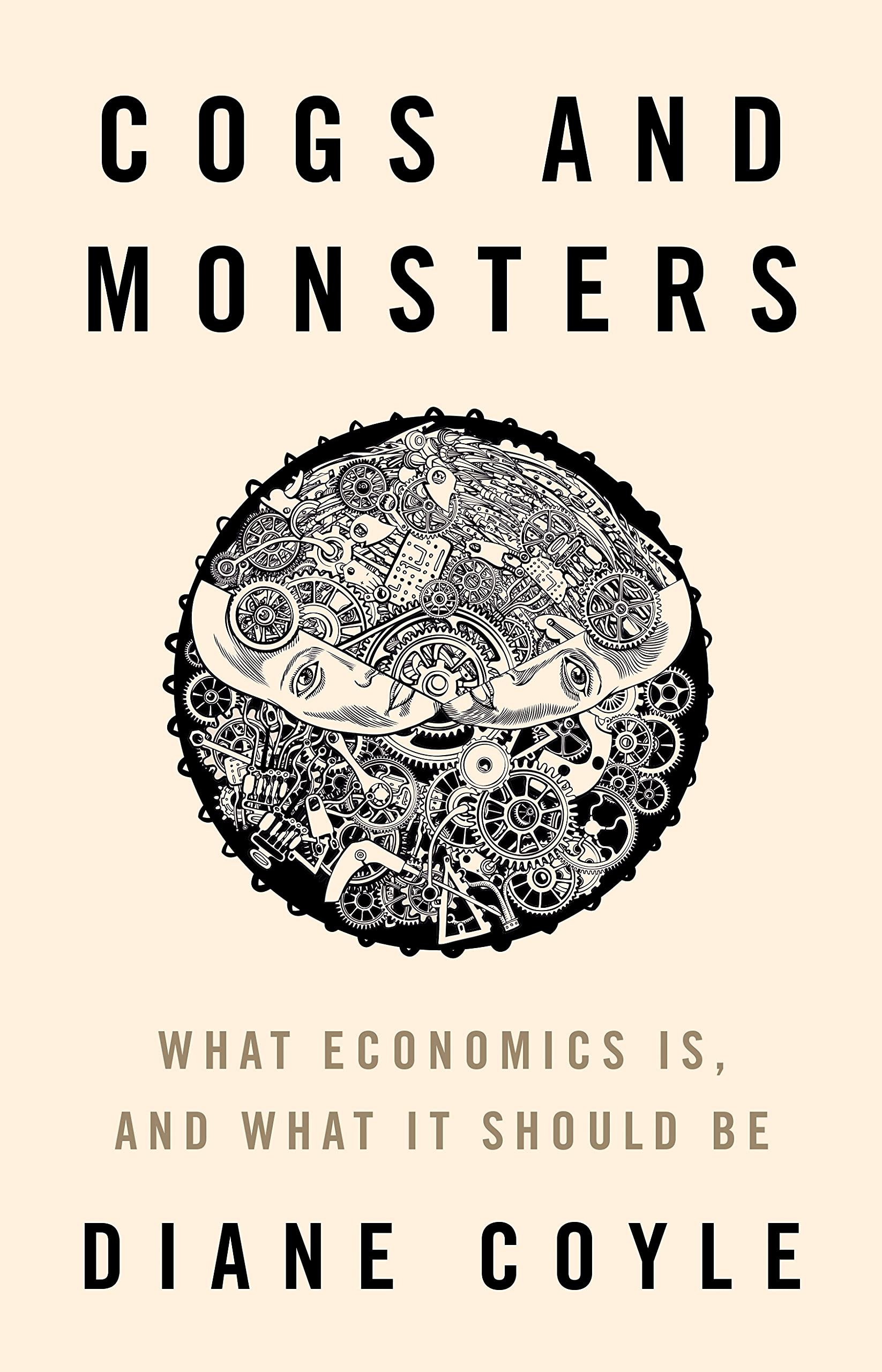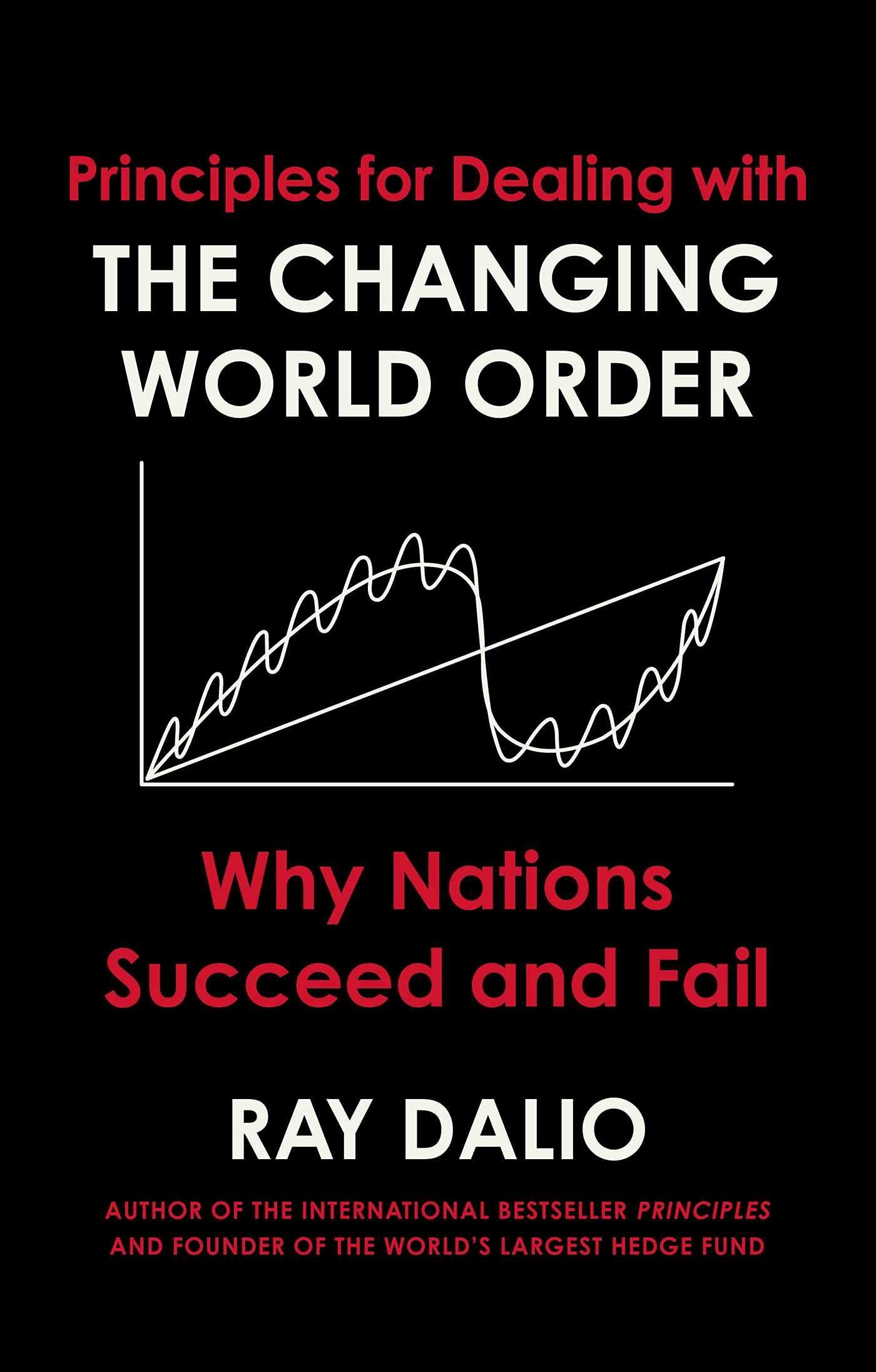Just as we did last year, in January 2022 we asked the CGC team - our Steering Committee members, Advisors, and others in the CGC orbit - what books they had been reading in 2021 that they would recommend? Here are some of their answers:
The NUTMEG’s Curse – Parables for a planet in Crisis
Amitav Ghosh remains one of the most important writers considering humankind’s collective failure to really face up to the climate crisis. His previous work The Great Derangement considered why and how it is that our art, literature, and other culture has mostly failed when it comes to communicating the climate future. This book looks back at the past, and examines the links between imperialism and the carbon economy that continues to jeapoardize our future. Deeper themes look into how non-humans come to influence history, including plants such as nutmeg, and other parts of non-human nature. Ghosh considers how earlier historical writings were filled with “non-human agency”, and how it was only after the enlightenment, and colonial violence, that this habit faded from the “modern” canon.
Being You – A new Science of Consciousness
This may not immediately seem a “CGC wheelhouse” book, but on a deeper level, Anil Seth’s book Being You touches on some of the deepest themes and issues of being human and humanity’s relationship with other beings and consciousnesses. Seth’s theories also have bearing on future issues of AI consciousness and therefore some of the deepest ethical questions facing our technologists and engineers.
WHAT WE OWE EACH OTHER – A NEW SOCIAL CONTRACT
The Dean of the London School of Economics (LSE) has put together a thoughtful book that takes on so many of the root causes of the malaise and political dysfunction that seems to be promulgating through many societies around the globe. The scope of her work includes analysis of and advice for both developed and developing societies. The book covers areas such as Children, Health, Education, Old Age, Work; examining trends in each and often highlighting successful or promising trials of alternative schemes that show how things could be improved.
Principles for dealing with The changing world Order – Why nations succeed and fail
This is the sort of big picture 500 year overview of economic and political cycles that might worry historians, economists and political scientists because of its sweeping generalisations and breadth of view, but there is some serious data behind Dalio’s analysis and plenty of interesting insights. He takes his usual provisional enquiring approach, acknowledging its limitations. Dallio is persuaded, however, that if we look at the cycles of empire (and contestation inter se), capital flows, debt burden, currency status, wealth gap, social conflict and other factors such as innovation, we would understand better what is happening today and cope better with it, both as an investor (his obvious interest) but as a society too.
COGS AND MONSTERS – What economics is, and what it should be
Diane Coyle was the first participant in CGC’s 2020 #PossiblePaths interview series (video embed below). Her books and public lectures always contain invaluable insight into the fields of economics, and also policy, the role of the state, and the digital world we are wading into. The title refers to a core problem of macroeconomics that Coyle identifies: the tendency of economists to think of people as individual “cogs”, turning in a great machine in a purely individualistic way. The “monsters” are found in the increasingly complex and unknowable digital economy. This is a comprehensive book that expertly melds together many of the themes of Prof. Coyle’s ongoing work and previous writings.
SHUTDOWN – HOW COVID SHOOK THE WORLD ECONOMY
There’s an obvious risk with books describing a crisis that are published before the crisis is over. Here Tooze handles the issue perfectly and still manages to bring a host of insights and thoughtful commentary to the crisis.
Tooze tracks the progress of the virus and various policy responses across the world, leading to the political crises in both the EU and the USA in late 2020 through early 2021.
The book’s coverage and topic raises the natural question: If such unprecedented policy, financial, and social responses were possible for the fight against Covid-19, why couldn’t they be possible for the fight against other large issues, such as the climate crisis?
All in all a great book that follows in the strong tradition established by Crashed.
Geopolitics for the End Time: From the pandemic to the climate crisis
Bruno Maçães turns his analytical and original thinking to the question of how geopolitics and the global system at large have been impacted by the pandemic, and are equally being impacted (and impacting) the more serious and increasing climate crisis. Maçães considers how previous geopolitical competitions took place on a neutral arena, and that things might well be very different now that the environment itself is the main threat to the future and success of every country. Even though this book was released well before the end of the pandemic, and other themes covered (such as cryptocurrencies) are also in their early days, it lays out an interesting summary of how the crisis exposed new faultlines and faults in the international system and within each country.



